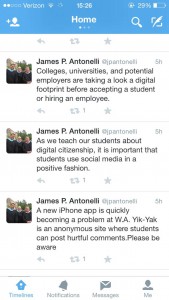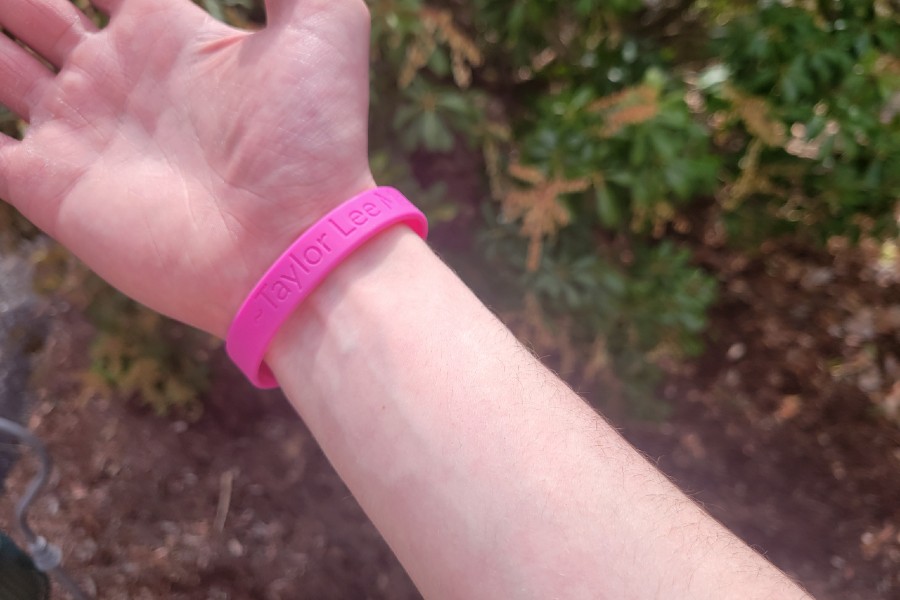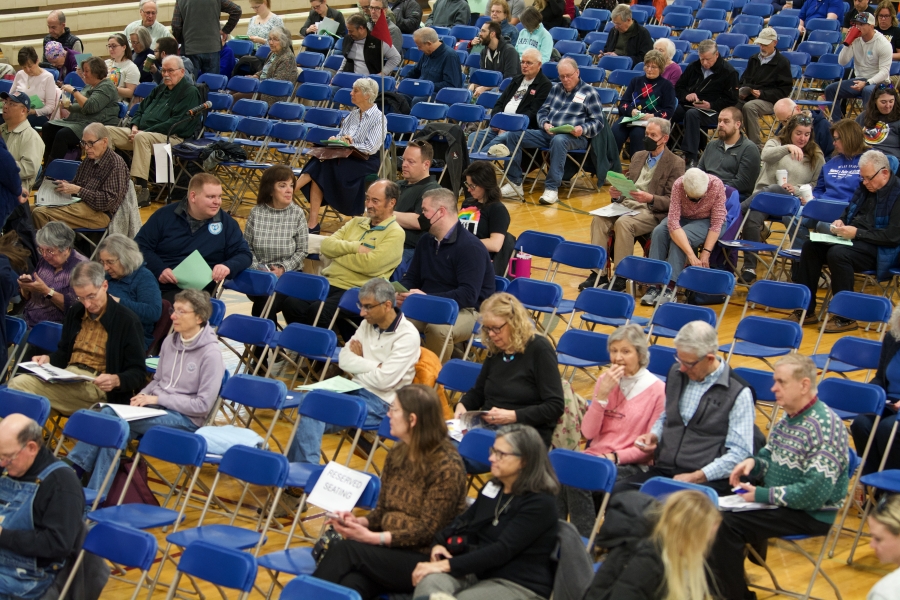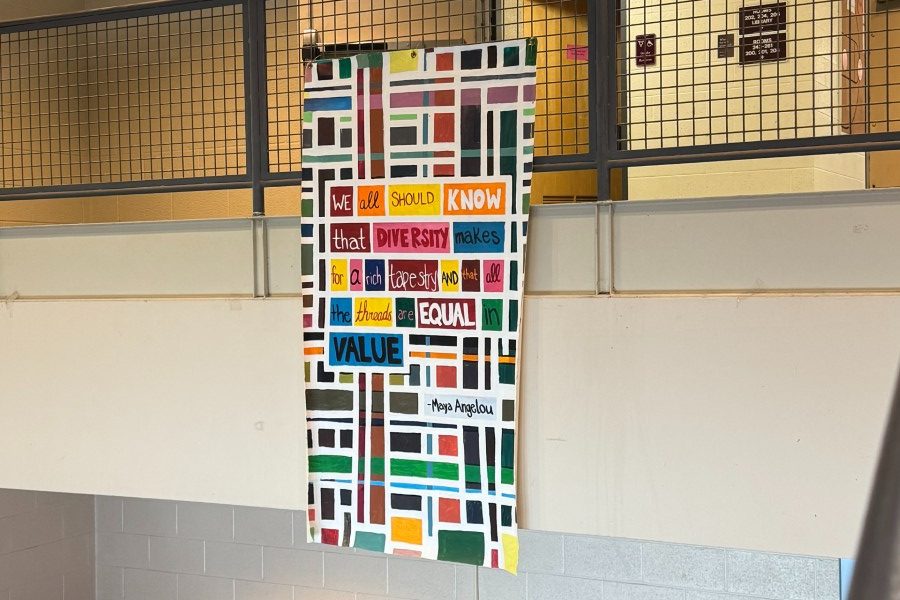By Tim DeLouchrey
Sports Editor
This summer, a new social media app took WA students’ smartphones by storm: Yik Yak. For those who are unaware, Yik Yak is best described as an anonymous, location based “twitter”. Students within a certain radius of each other can “yak” something (create a post on the app) and it will be placed on a feed that is viewed in a style similar to Twitter.
The stand out issue in regards to the app is that it is anonymous. Following the trend of most other anonymous forums, this anonymity encourages students to often post hurtful things about others, making the app a dangerous outlet for bullying.
Principal Jim Antonelli has been active on Twitter advocating for awareness and warning students and parents about Yik Yak, as well as social media use and its effects as a whole. Administration collectively has been very open about their dislike for the app.

“It’s the most toxic, cowardly site I have ever seen,” said Betsy Murphy, Dean of Students, “I think it is so inappropriate… You can’t trace where its coming from. It is a cowardly site. I think it’s horrible and I think it’s horrible that teachers are [being posted about]. I feel terrible for the kids also.”
According to an article posted on the Boston Globe, the original intended purpose of the app was for students who felt that the things they tweeted about or posted about on Twitter or Facebook were not getting enough favorites or likes because they were not popular among their peers. The anonymity on Yik Yak is intended for material to be “upvoted” (approved by other people with the app) purely based on what was said, and not necessarily who said it.
“I think it’s good and bad,” said senior Sam Brewer, “you can say stuff about anyone … and that part is obviously cyber-bullying, which has happened a lot… It’s different whether you tweet something or yak something. If you yak something, it can get [appreciated by a lot of people] versus if you tweet something, the [appreciation] is more based on whose picture is next to the tweet.”
Brewer went on to later admit that he had debated deleting the app on multiple occasions. Many members of the student body feel that despite the anonymous criticisms, they still enjoy Yik Yak.
“The bullying is obviously bad but I still love the app,” said senior Casey O’Connor.
O’Connor is not alone in saying this. A majority of the students included in this article agreed that if given the choice, they would still keep their Yik Yak app. One student however, who requested to be kept anonymous, said that he would “prefer it never existed.”
“Even if you don’t participate in the bullying aspect,” the anonymous student went on to say, “it can be a waste of time and the benefits of it are not worth the harassment that occurs.”
The reasons provided by the anonymous source are the same ones that are causing teachers and other faculty members to urge students to delete the app from their phone.
“I just think people need to be nicer on it and I think it should be used to be funny without hurting other people’s feelings and bringing people’s names into it,” said senior Sarah Kovalchik. “I think that the bullying on it is not necessarily worth it but I think Yik Yak is a good opportunity … It’s like Twitter. It’s good and it can be funny but when you bring other people into it, it becomes a negative thing.”
The offensive posts have not been geared exclusively towards individuals either. Many sports teams have faced criticism on Yik Yak for their poor performance, or their unique spirit days.
“WAGS is pretty mad about all of the things being posted about them on Yik Yak,” said junior Karly Bigham, a member of the WA Girls’ Soccer team. “It’s just annoying because we can’t do spirit days without being made fun of.”
Junior Ben Cassidy, a member of the football team, also felt that his sport was being targeted.
“You never know who it is [saying offensive things]. People feed off of each other,” said junior Ben Cassidy.
Wellness teacher Melanie Jozokos also had negative things to say in regards to the new trend.
“It’s just a new opportunity for bullying,” said Jozokos. “Be careful what you post because it can come back to haunt you.”






